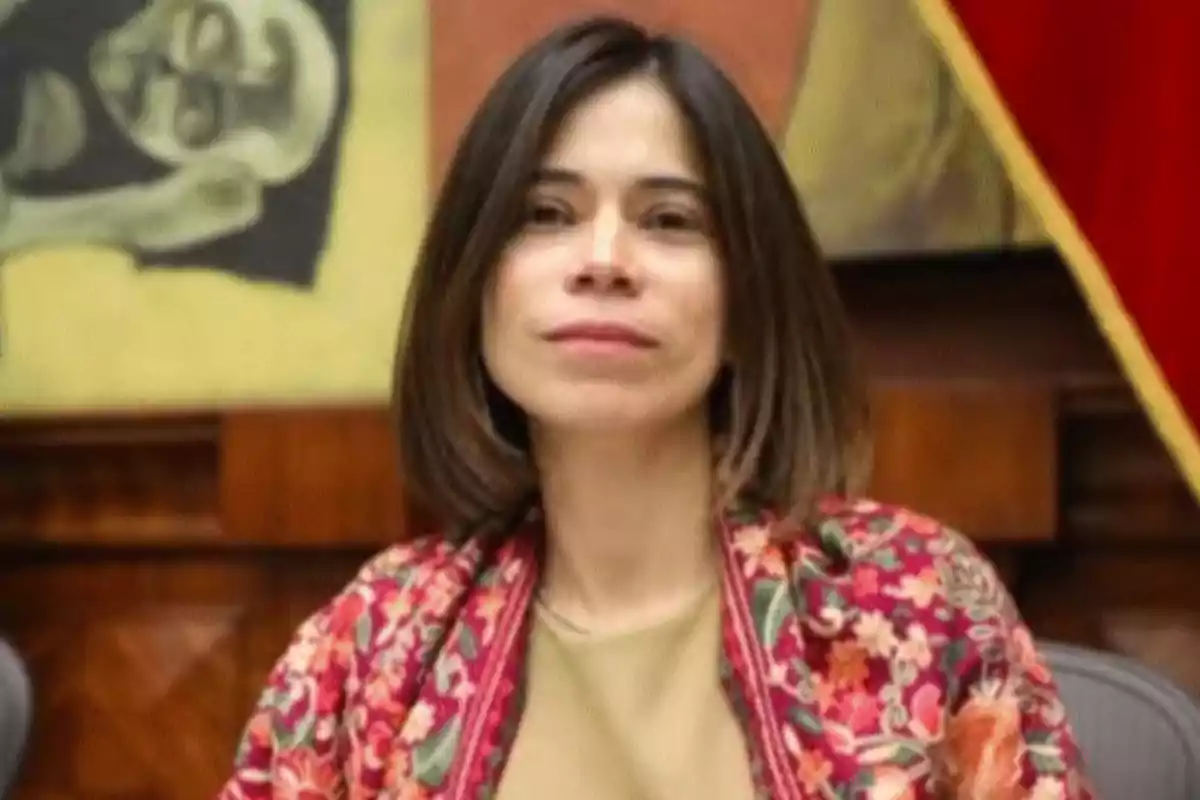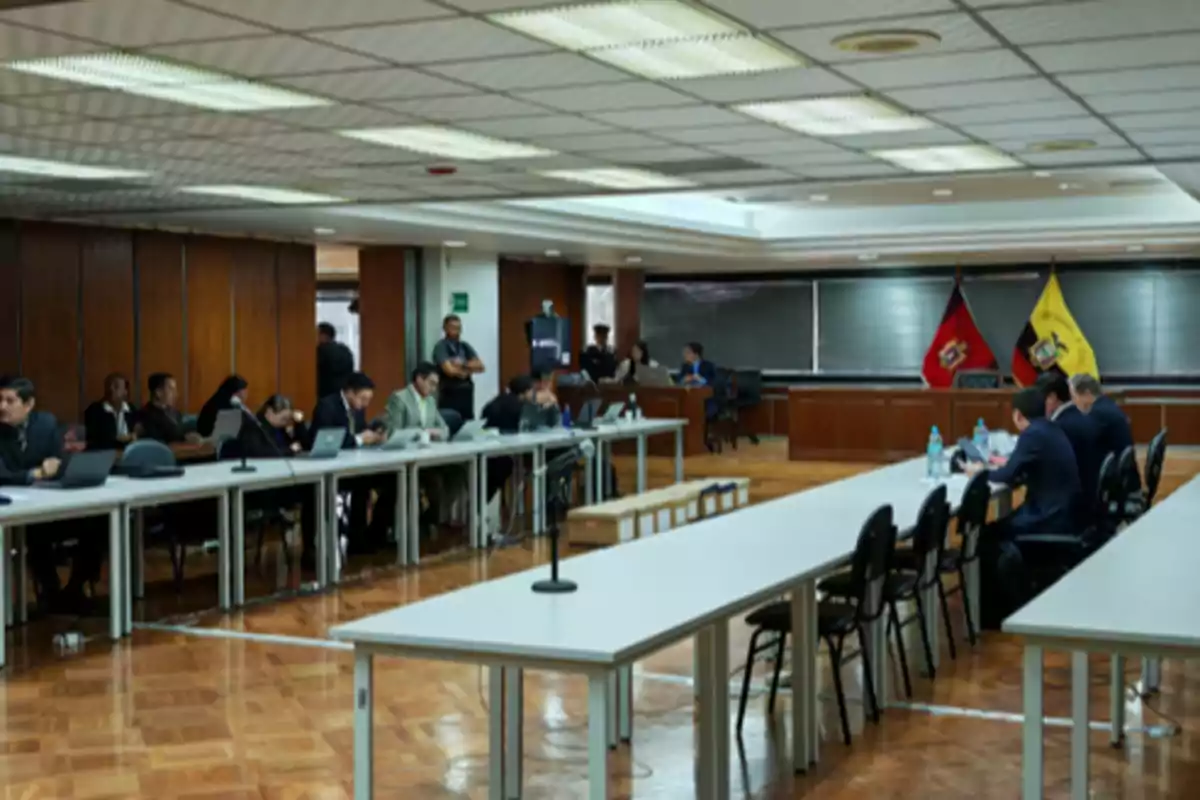
A correísta scheme attempted to interfere in the Judiciary from the CPCCS
The Prosecutor's Office linked Andrés Arauz and Esther Cuesta for illicit association in the Ligados case
The National Court convened the hearing for the Ligados case against figures from Correísmo, including Andrés Arauz. According to the Prosecutor's Office, these political actors sought to control key appointments from within the CPCCS.
The chats seized from former councilor Augusto Verduga reveal direct conversations with Arauz, in which they discussed how to delay the appointment of members of the Judiciary Council. The objective was to ensure that "Luisa González's government" could submit the shortlist.
Raúl González, also implicated, allegedly requested the suspension of Roberto Romero's swearing-in as a member, using an alleged legal contradiction as an excuse. Esther Cuesta delayed the call for a parliamentary session to block that appointment.
Prosecutor Wilson Toainga argued that the CPCCS operated as a partisan instrument to capture spaces of power. The evidence points to a planned structure to influence key oversight institutions from within.

These practices reflect a pattern of Correísta socialism: manipulating institutions for the benefit of its political project. Even in opposition, the operators attempted to make decisions through subterfuge and hidden alliances.
The criminal linkage seeks to halt that model of institutional capture that has historically undermined the independence of government branches. The Ligados case is a warning about the risks of handing power to those who have shown contempt for the legal framework.
This process is key to purging the system and showing that the impunity that prevailed under 21st-century socialism has a limit.
With the progress of this case, the country moves toward a justice system less influenced by partisan interests and more committed to the principle of legality.
More posts: